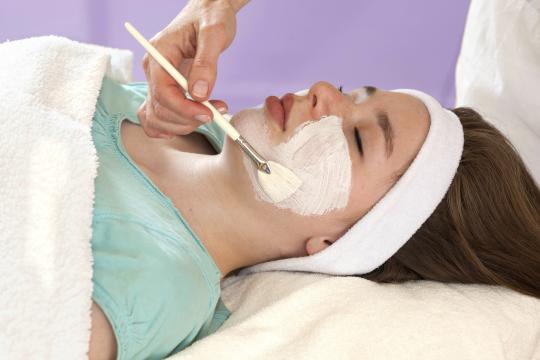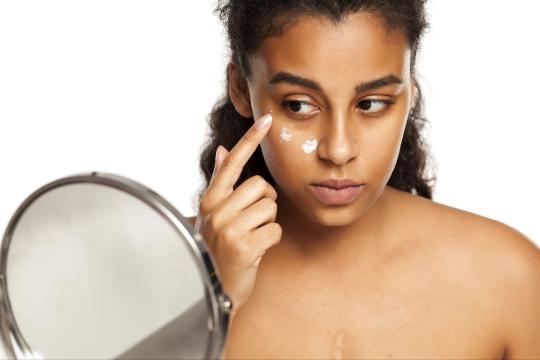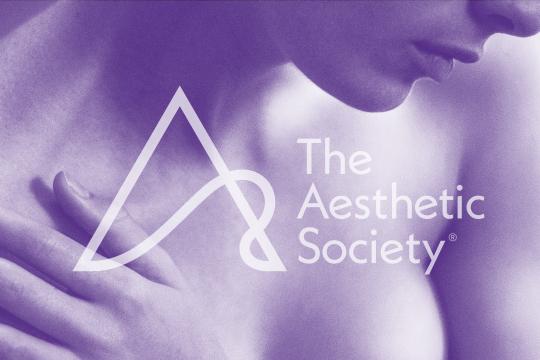
“Mirror, mirror on the wall… who’s the fairest, most-knowledgeable, best-informed, most self-aware of them all?” The Queen was really into introspection, and if you're considering any type of cosmetic procedure, you should be too. It’s important to ask yourself 12 vital questions before you make an appointment with your plastic surgeon—and while we’re at it, there's a whole slew of other questions you'll want to ask your doctor, too. But let’s focus. Take a breath, look deep into the mirror and ask yourself the following. Go ahead and do it out loud. We’re not here to judge you.
1. Am I physically healthy, eating right and not smoking?
You can lie to your friends about a sneaky smoke or a glass of pinotage in lieu of pilates, but you will need to be totally transparent with your plastic surgeon. The risks, rewards and recovery times associated with your procedure will be a direct result of your willingness to be brutally honest about your current lifestyle. #truth
2. Am I prepared to make the necessary lifestyle changes, such as quitting smoking or losing weight, in order to have my surgery?
Lifestyle changes are hard, we know. When it comes to surgery, however, there’s no way around it. Your surgeon may recommend that you quit smoking or lose weight before you undergo a procedure in order to ensure a safe and successful outcome. Being resistant to these recommendations is a sure sign that you need to hit the pause button.
3. Do I have realistic expectations for the results of my procedure?
Billy Shakes (William Shakespeare) once wrote, “Expectation is the root of all heartache”. So let’s forgo the tears by realistically examining your own expectations for the outcome of your procedure. As advanced as cosmetic surgery is, it’s good to start with what it’s not—a quick fix cure-all. Your own research and a consultation with a plastic surgeon are the best resources for what a procedure can and cannot do for you.
4. Am I exploring plastic surgery for myself or to fit someone else’s ideals?
This one might seem like a no-brainer, but it’s not. It’s really really not. Between societal, cultural and interpersonal expectations, other people’s opinions can weigh heavy on a decision. This means that it’s important to realistically evaluate just who you’re considering having surgery for. If the decision to have a procedure is based on your own thoughts, opinions and beliefs about self-enhancement, that’s great. If that same decision is based on some life crisis that you’re currently going through or is being pushed upon you by a “friend” or “significant other,” you may want to reconsider.
5. Have I spent time testing my knowledge about plastic surgery and exploring the qualifications of plastic surgeons?
We’re not talking flashcards and LSAT preparation, but you should have a very, very solid understanding of what your procedure is (and what it is not), how it’s performed, and the risks and recovery associated with it. On top of that, you’ll need to thoroughly vet your plastic surgeon Are they board certified? Are they experienced and do they have quality references? Do you have a good rapport with them—can you both communicate with clarity and honesty about what your procedure will entail and what your results might be? All of these are important things to take into account when considering a surgical procedure and choosing a plastic surgeon.
6. Have I told my plastic surgeon about any medical conditions, drug allergies, and medical treatments that I’ve had?
The aforementioned “clarity and honesty” includes informing your plastic surgeon about any medical conditions, drug allergies and previous medical treatments (including fillers, facial shaping and Botox) that you’ve had. You want to arm your doctor with any information that could even remotely play a part in the success of your procedure.
7. Have I reviewed with my doctor my current use of medicines, vitamins, herbal supplements, alcohol and drugs?
When we harp on how important it is to tell your plastic surgeon everything about your health and lifestyle before you decide to have a procedure—we mean it. Medicines, vitamins, herbal supplements, drugs, alcohol, even the THC oil your Mom bought on the internet (sorry, Mom)—everything. Consider this your own personal “come to Jesus” moment and unburden yourself of of the truth. It’s the best way to accurately assess the risks, recovery and rewards of a procedure.
8. Am I ready to do my part to ensure the success of my procedure?
Why all of these questions, you ask? There is no greater participant in choosing to have plastic surgery than you. And it’s a big decision. If you’re not ready to be an active participant in the success and recovery of your procedure, than you’re likely not ready to have one.
*9. Do I know the procedures aftercare and recovery time
It’s always important to manage your expectations about the outcome of a procedure, but it’s also vital to know what to expect during the recovery phase. Not only will managing your expectations about recovery lessen the stress of actually recovering, it will make you far more bearable to the saint-like human who will be helping your during that time. Cue question #10.
10. Do I have a responsible adult to care for me for at least 24 hours (or as long as recommended) after my procedure?
Of course. You’re perfectly capable of having it all, being it all, and doing it all… but the recovery phase after your surgery is not the time to go it alone. You’ll may need help driving and moving about. You may need help with medication and food. Heck… depending on your procedure, you may even need help going to the bathroom. Seriously, you’re going to need some assistance. Make sure you have someone around—particularly in the first 24 hours after your procedure. No, your dog doesn’t count. And a bell… get a bell. That’ll really annoy ‘em.
11. Have all of my questions been thoroughly addressed by my board-certified plastic surgeon?
If you’re fuzzy or sketchy about any of the details involved with your surgery—keep asking questions. We’ve also put together a handy list of things to ask your doctor during your consultation. You’re welcome.
12. Have I read, understood, and signed informed consent documents for my procedure?
You’re likely anxious, after all of this self-introspection, to get the show on the road. But remember, informed consent is just that… informed, which means you’ve read and fully understand any documents pertaining to your procedure before you sign on the dotted line.








